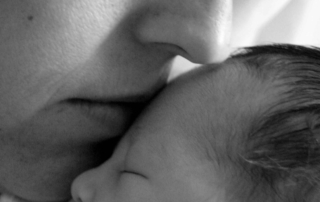Use of Complementary and Alternative Medicines for Menopausal Hot Flashes
Approximately seventy percent of all women experience hot flashes and/or night sweats (also called vasomotor symptoms) during the menopause transition (Stearns et al. 2002). Until recently, estrogen therapy was the treatment of choice for most women who sought treatment for hot flashes. Since the results of the Women's Health Initiative in 2002 noted risks of prolonged use of hormone therapy in older postmenopausal women (Roussouw et al. 2002), many women pursue other treatments for their hot flashes, including over-the-counter complementary and alternative medicines (CAMs), including soy isoflavones, black cohosh, and omega-3 fatty acids. However, there is limited evidence to support the use of these treatments for hot flashes to date.




